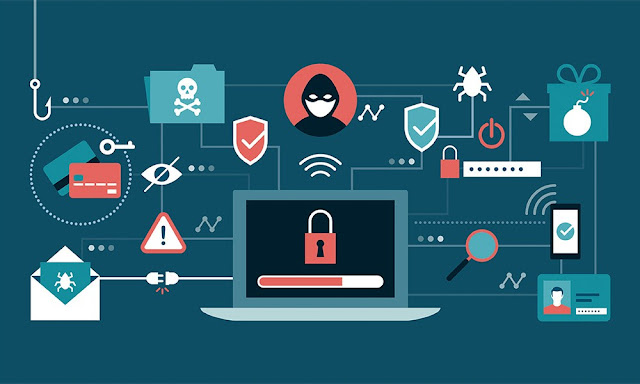Types of Cybersecurity Threats & How to Prevent Them
In today's digital world, cyber threats are evolving rapidly. From malware to phishing attacks, cybercriminals are constantly looking for new ways to exploit vulnerabilities. Protecting your data and systems requires knowledge and proactive strategies.
If you want to gain hands-on expertise, consider enrolling in a Cyber Security Weekend Course in Thane to learn the latest cybersecurity techniques.
1. Common Cybersecurity Threats
1.1 Malware Attacks
Malware includes viruses, trojans, and spyware that infect systems and steal data. These attacks can disrupt business operations and compromise personal information.
1.2 Phishing Scams
Phishing emails trick individuals into providing confidential information by pretending to be from legitimate sources.
1.3 Ransomware Attacks
Hackers use ransomware to lock your files and demand payment to restore access.
1.4 Man-in-the-Middle Attacks
Cybercriminals intercept communication between two parties to steal sensitive data, such as login credentials and financial details.
2. How to Prevent Cyber Threats
2.1 Use Strong Passwords & Multi-Factor Authentication
A strong password and multi-factor authentication (MFA) add extra layers of security to protect your accounts.
2.2 Keep Software and Systems Updated
Regular updates fix security vulnerabilities and keep your devices protected against cyber threats.
2.3 Be Cautious with Emails and Links
Avoid clicking on suspicious links and always verify the sender before responding to emails requesting sensitive information.
2.4 Install Reliable Security Software
Using trusted antivirus software and firewalls can help detect and block cyber threats before they cause damage.
3. Best Practices for Organizations
3.1 Conduct Regular Security Audits
Regular audits help identify vulnerabilities and ensure compliance with cybersecurity best practices.
3.2 Train Employees on Cybersecurity Awareness
Employees should be educated on recognizing phishing attempts, secure password management, and data protection strategies.
3.3 Implement Data Encryption
Encryption protects sensitive information from unauthorized access, even if hackers breach your system.
3.4 Secure Network Connections
Using Virtual Private Networks (VPNs) and secure Wi-Fi connections can reduce the risk of cyberattacks.
4. Building a Career in Cybersecurity
4.1 Why Choose Cybersecurity as a Career?
Cybersecurity professionals are in high demand as organizations seek to protect their data from cyber threats.
4.2 Certifications to Boost Your Career
Enrolling in courses like Cyber Security Weekend Course in Thane can help you gain industry-recognized certifications.
4.3 Hands-on Training & Ethical Hacking
Practical experience with ethical hacking techniques can prepare you for real-world cybersecurity challenges.
Conclusion
Cybersecurity threats are increasing, and it is crucial to stay informed and take preventive measures to protect your personal and business data. Whether you're an individual looking to enhance your security knowledge or someone considering a career in cybersecurity, continuous learning is key.
For a deeper understanding of cybersecurity, consider joining an Ethical Hacking Weekend Course in Thane and take the first step toward securing your digital future.
What are your biggest cybersecurity concerns? Leave a comment below and share your thoughts!




Comments
Post a Comment